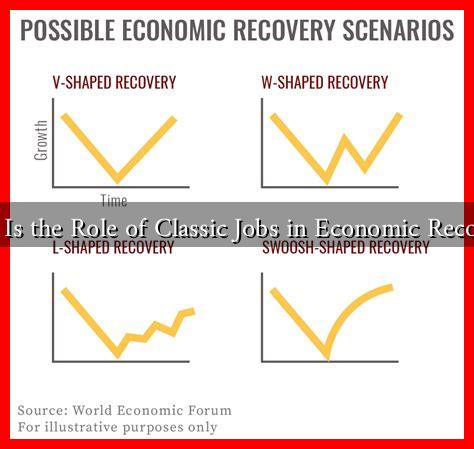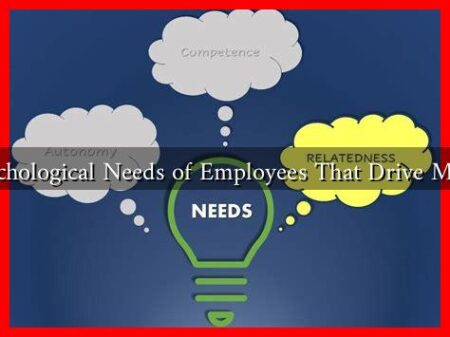-
Table of Contents
What Is the Role of Classic Jobs in Economic Recovery?
In the wake of economic downturns, the focus often shifts to innovative sectors and emerging technologies as the engines of recovery. However, classic jobs—those traditional roles that have been the backbone of economies for decades—play a crucial role in stabilizing and revitalizing economic landscapes. This article explores the significance of classic jobs in economic recovery, highlighting their impact on employment, community stability, and overall economic health.
The Importance of Classic Jobs
Classic jobs refer to traditional roles in sectors such as manufacturing, retail, agriculture, and services. These positions are often characterized by their stability and accessibility, making them vital for economic recovery. Here are some key reasons why classic jobs are essential:
- Job Creation: Classic jobs are often labor-intensive, meaning they can absorb a significant number of workers quickly. For instance, the manufacturing sector alone employs millions globally, providing a steady income for families.
- Community Stability: Classic jobs help maintain community cohesion. When individuals are employed, they contribute to local economies, supporting businesses and services that rely on consumer spending.
- Skill Development: Many classic jobs offer on-the-job training, allowing workers to develop skills that can be transferred to other roles, enhancing their employability in the long run.
Case Studies: Classic Jobs in Action
To illustrate the role of classic jobs in economic recovery, we can look at several case studies from different regions:
1. The Manufacturing Resurgence in the Midwest
In the United States, the Midwest has seen a resurgence in manufacturing jobs following the 2008 financial crisis. According to the Bureau of Labor Statistics, manufacturing employment in the Midwest increased by over 200,000 jobs between 2010 and 2019. This growth has been attributed to a combination of factors, including:
- Investment in technology and automation, which has made manufacturing more efficient.
- Government incentives aimed at revitalizing the manufacturing sector.
- A growing demand for American-made products, particularly in the wake of global supply chain disruptions.
2. Retail Recovery Post-Pandemic
The COVID-19 pandemic severely impacted the retail sector, leading to widespread job losses. However, as restrictions eased, many retail businesses adapted by enhancing their online presence and improving customer service. According to a report by the National Retail Federation, retail employment rebounded by over 1.5 million jobs in 2021. This recovery was crucial for local economies, as retail jobs often serve as entry points for young workers and those re-entering the workforce.
Statistics Highlighting the Impact of Classic Jobs
Several statistics underscore the importance of classic jobs in economic recovery:
- According to the International Labour Organization, classic jobs account for approximately 60% of total employment in many developed economies.
- A study by the McKinsey Global Institute found that for every manufacturing job created, an additional 1.4 jobs are generated in the local economy.
- The World Bank reports that small and medium-sized enterprises (SMEs), which often rely on classic jobs, contribute to over 60% of total employment in developing countries.
Challenges Facing Classic Jobs
Despite their importance, classic jobs face several challenges that can hinder their role in economic recovery:
- Automation: As technology advances, many classic jobs are at risk of being automated, leading to job displacement.
- Globalization: Increased competition from overseas can pressure local businesses, making it difficult for them to sustain classic jobs.
- Skill Gaps: The evolving nature of work requires workers to continuously update their skills, which can be a barrier for those in classic jobs.
Conclusion
Classic jobs are more than just traditional roles; they are vital components of economic recovery. By providing stable employment, fostering community cohesion, and supporting local economies, these jobs play a crucial role in rebuilding after economic downturns. As we move forward, it is essential to recognize the challenges facing classic jobs and implement strategies to support their growth and sustainability. Investing in workforce development, embracing technology responsibly, and supporting local businesses can ensure that classic jobs continue to thrive, ultimately contributing to a more resilient economy.
For further reading on the impact of classic jobs on economic recovery, you can explore resources from the International Labour Organization and the National Retail Federation.


